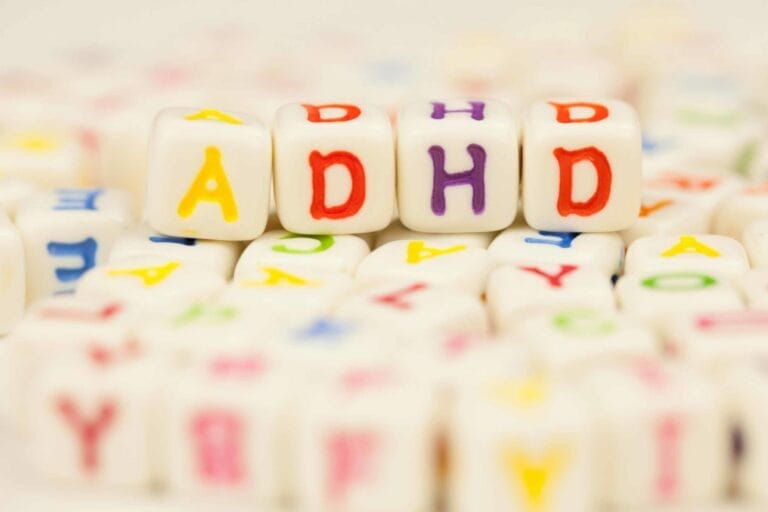
In recent years, parents, educators and therapists alike have raised concerns over the popularity of prescribing long-acting stimulants to students diagnosed with ADHD. According to the Child Mind Institute, side effects from these medications include sleep problems, decreased appetite, delayed growth, headaches and stomachaches, tics, and irritability. Their effectiveness has been challenged, as well.
The Journal of Consulting and Clinical Psychology published a study last September analyzing what was more effective for treating children with ADHD: long-acting stimulants or behavioral interventions. The study examined 75 children 5-12 years old who had been diagnosed with ADHD. The students attended a summer school program with classes each weekday for eight weeks. Students were randomly assigned to receive medication or behavioral interventions that included daily report card p-5 bg-lightest mb-3s coaching parents to help with homework.
For the students assigned to take medication, doctors spent two weeks determining the correct dosage for each child. Researchers then randomly determined which children received the medication or a placebo for three weeks, then switched, so they could see if or how the medication impacted homework performance. The researchers found the medication did not have a significant effect on homework completion or accuracy when compared with a placebo.
The group of children who were assigned to behavioral intervention received six two-hour group sessions for two weeks and individual half-hour sessions for two weeks. These children finished 10-13% more homework and completed 8% more assignments accurately than they did without the treatment.
There were, however, limitations to the study. The researchers gave students medication first thing in the morning; therefore, the effect of the medication may have worn off by the time children began their homework. Regardless, the study suggests behavioral intervention is effective, which can be especially important to help students on medication complete their homework.
In the school setting, districts may struggle with staffing to serve the number of students who are referred for behavioral interventions, particularly those that already have high caseloads and/or large testing schedules. Using the same evidence-based techniques as onsite professionals, licensed PresenceLearning clinicians use a secure, web-based platform to deliver live therapy sessions based on students’ needs. For districts that need extra support or are unable to hire onsite professionals, teletherapy is a viable option.
To learn more about how behavioral intervention strategies can be implemented using teletherapy, visit our website.




